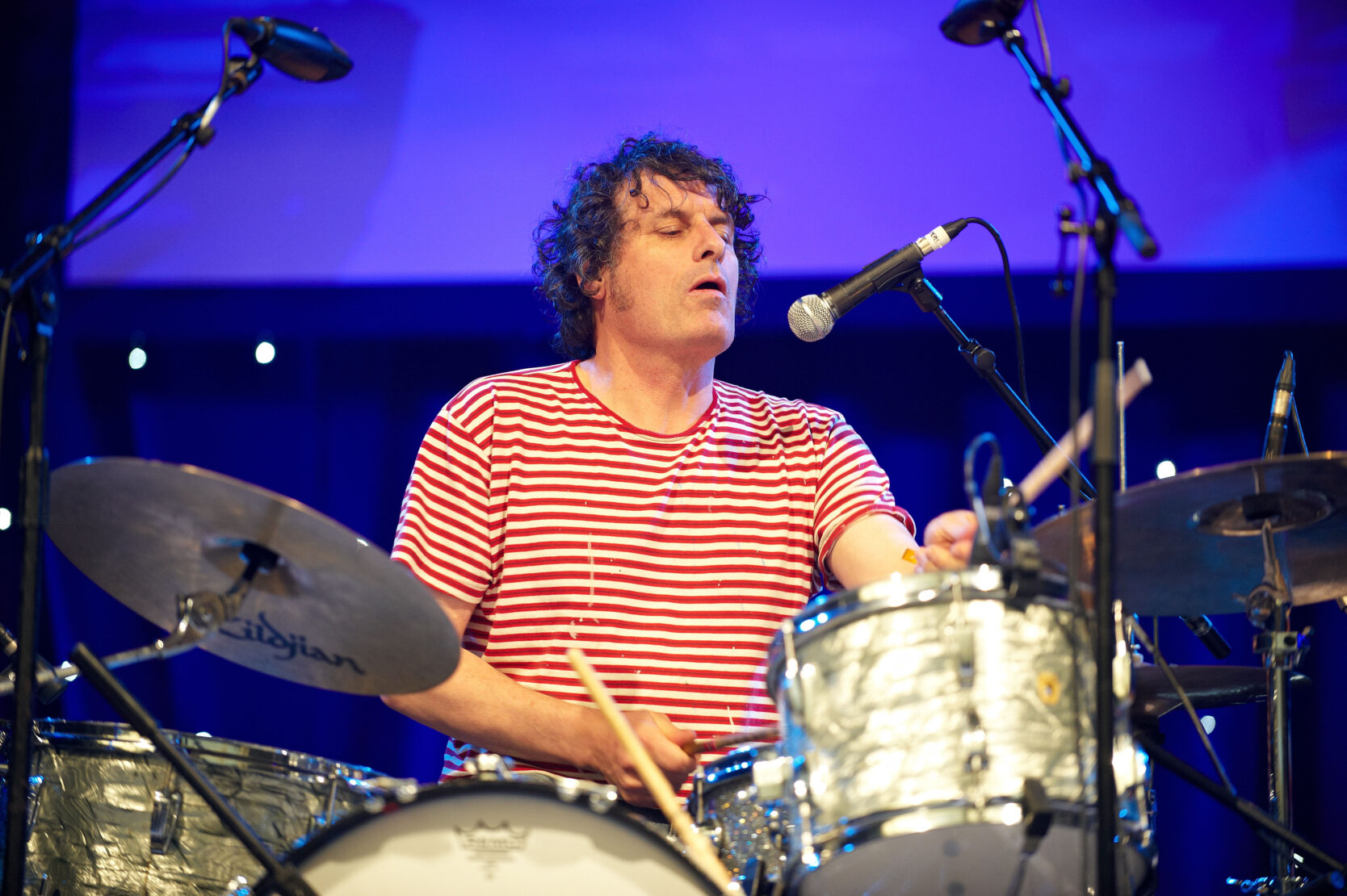Hamish Kilgour, who with his brother David led beloved rock band the Clean and helped establish Flying Nun Records as the capital of the New Zealand underground rock scene, has died at the age of 65. The drummer had been reported missing after last being seen at a shopping center on Nov. 27 in Dunedin, N.Z., and his body was found there today (Dec. 5). An investigation into the circumstances is underway.
The Kilgour brothers picked up instruments as teenagers and launched the Clean in 1978, reaching local prominence three years later with the surprise hit single “Tally Ho.” The group’s loose, homespun rock sound and compelling live show echoed the peppy jangle of a budding R.E.M. across the globe in Athens, Ga., and although the Clean quickly went on hiatus in 1982, songs like “Point That Thing Somewhere Else” and “Anything Could Happen” would go on to influence formative American indie rock acts like Pavement, Sonic Youth, Superchunk, and Guided by Voices.
The Clean was an early fixture of Flying Nun, which grew into a revered label during the indie rock boom of the ’80s and early ’90s and was the chief vehicle by which the DIY New Zealand sound spread around the world.
With the Clean on a break, Kilgour shifted his attention to the noisier Bailter Space and eventually moved to New York in the late 1980s after the group performed there. In the early ’90s, he formed the Mad Scene, around the time he and his brother began working together again as the Clean. They toured occasionally and recorded five albums from 1990 through 2009’s Mister Pop, their last to date.
Merge Records co-founder/Superchunk singer/guitarist Mac McCaughan, who worked with Kilgour when Merge released the Clean’s latter-era discography and some key reissues, tells SPIN he “had an uncanny language all his own on the drums, an instantly recognizable style and drive that was as iconic as any other aspect of what I think of as the Flying Nun sound.”
“The first time I saw him play, he was actually with Bailter Space — this is probably 1988, and the Clean was maybe on a break at the time. I saw them at Maxwell’s [in Hoboken, N.J.] and he still just sounded like himself. We were excited when we had the chance to work with Hamish and Lisa on their Mad Scene records in the ’90s and then eventually a reformed Clean. They were obviously pioneers and helped put New Zealand on the map as a musical wellspring, but there’s something about the Clean that exists out of time and place. It’s just magic. I will miss running into Hamish randomly on the streets of NYC and I will miss seeing him make music only he can make.”
Kilgour’s death was mourned by a wealth of musicians and contemporaries whom he influenced, including Pavement’s Bob Nastanovich, who wrote on Twitter, “Beyond a bummer. Just gut wrenching. Bless him and his family. Thank you Hamish Kilgour.”
Recalled Blake Babies/Velo-Deluxe singer/guitarist John Strohm, “In 1988, we put [the Clean] up in the flat I shared in Cambridge with Claudia Gonson from Magnetic Fields. Hamish sang a song as our outgoing message on our machine and we kept it the whole time we lived there.”
Cocteau Twins bassist/Bella Union label founder Simon Raymonde wrote on Twitter, “We released the EP [Kilgour] made with tiny ruins in 2015, hurtling through. A lovely man he seemed. He sold me his drum kit to save him having to lug it around.”





